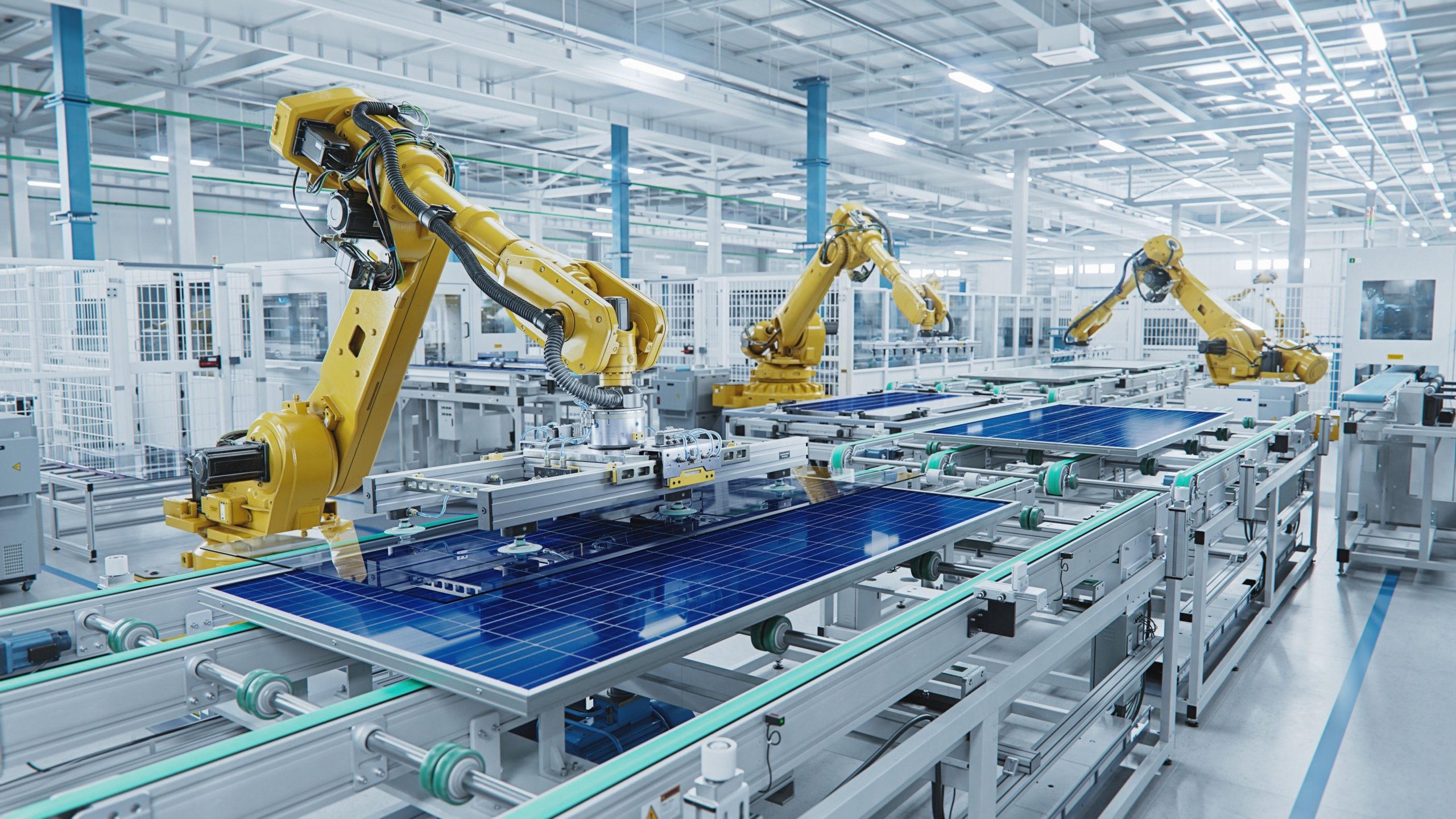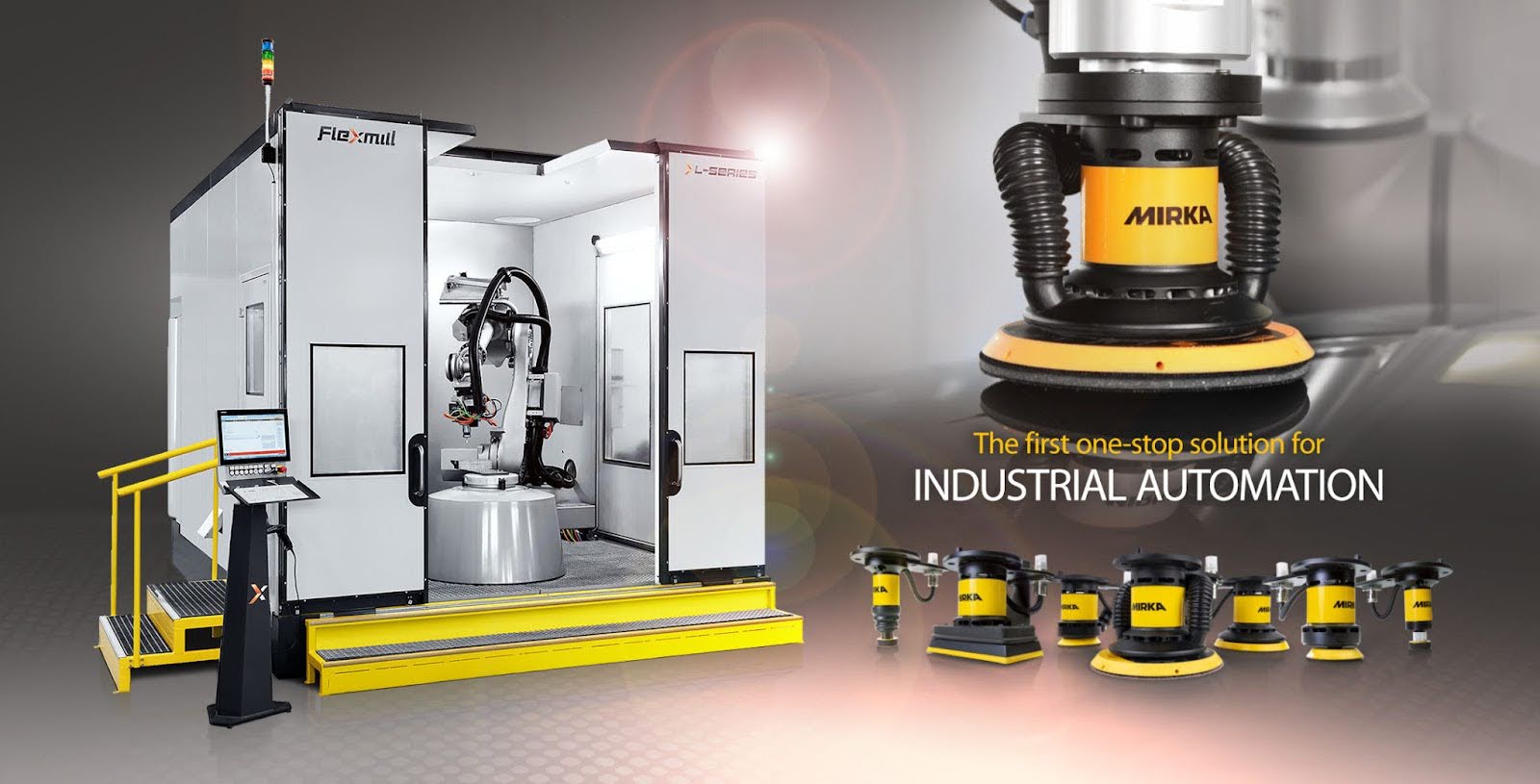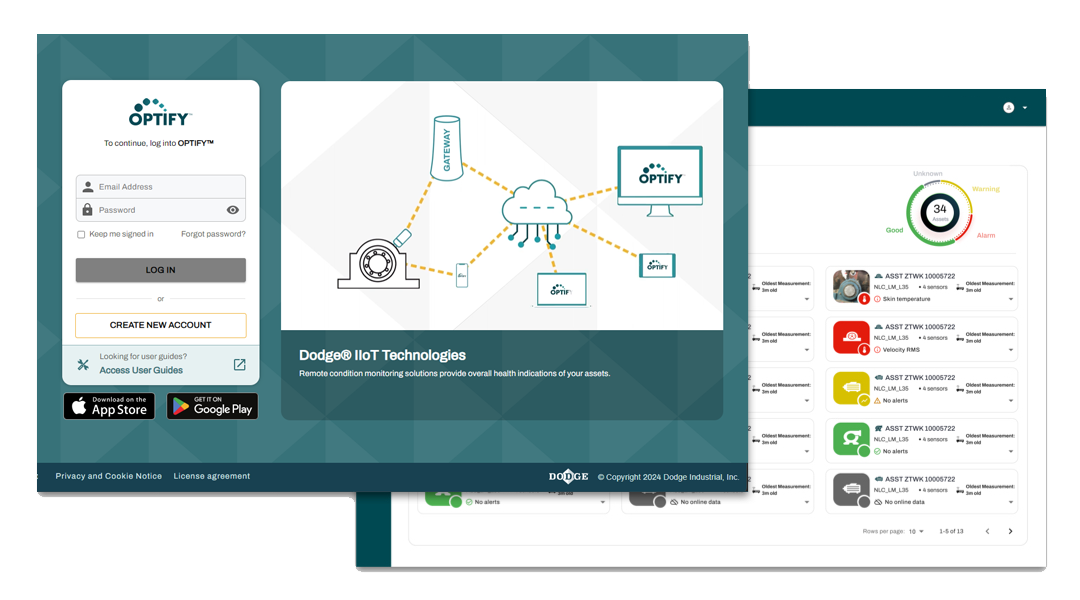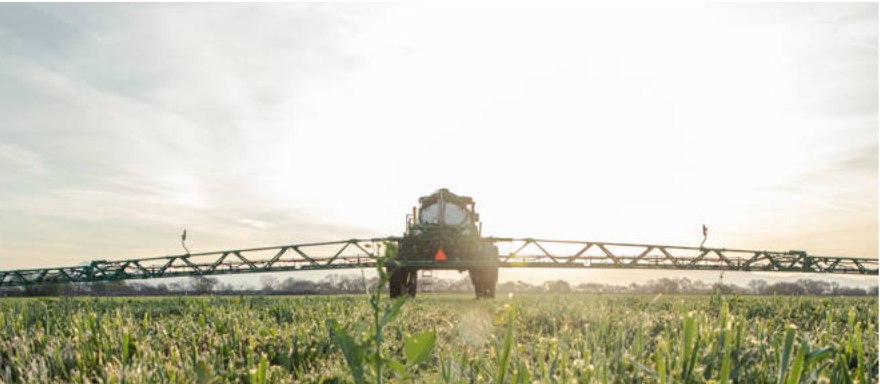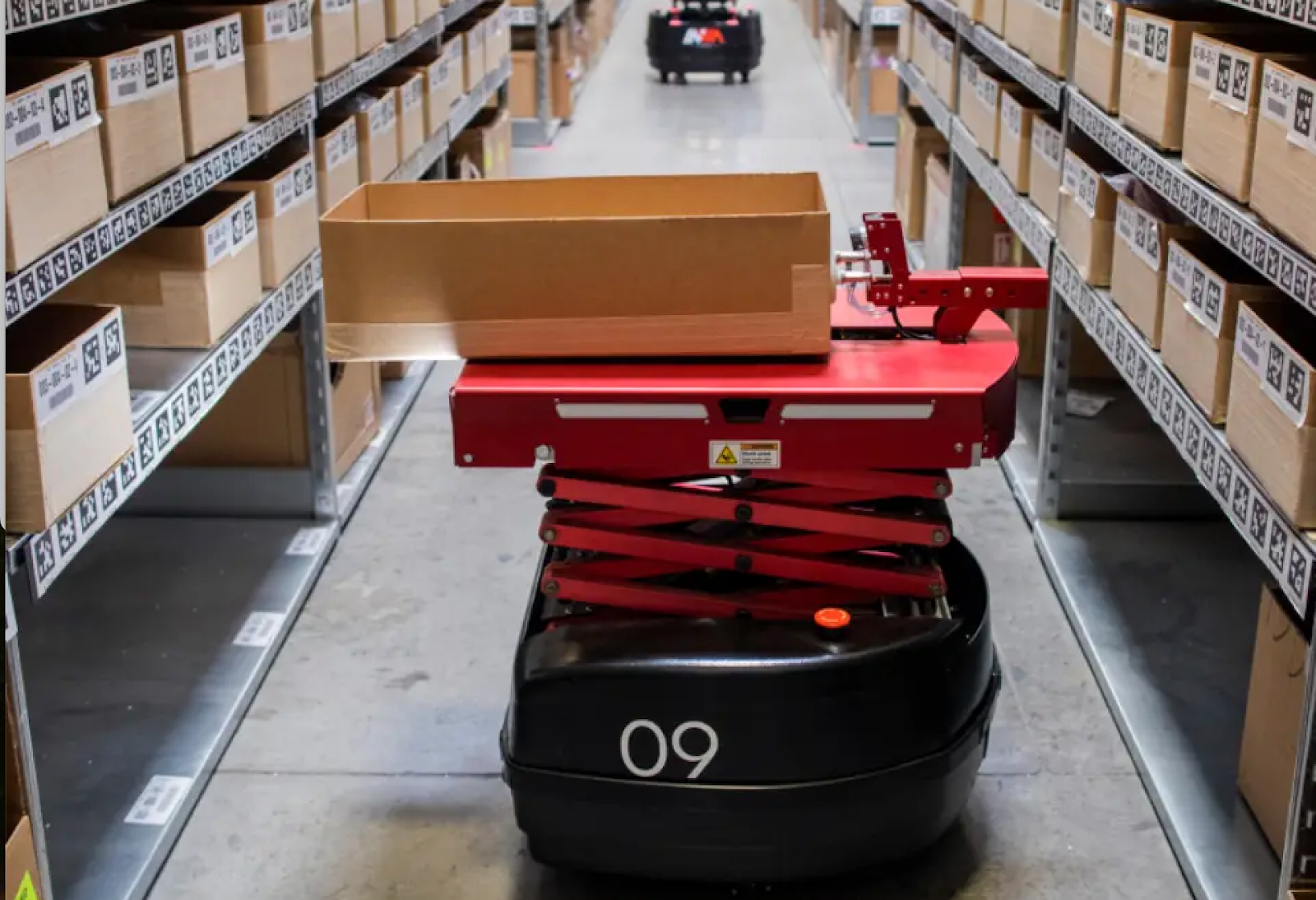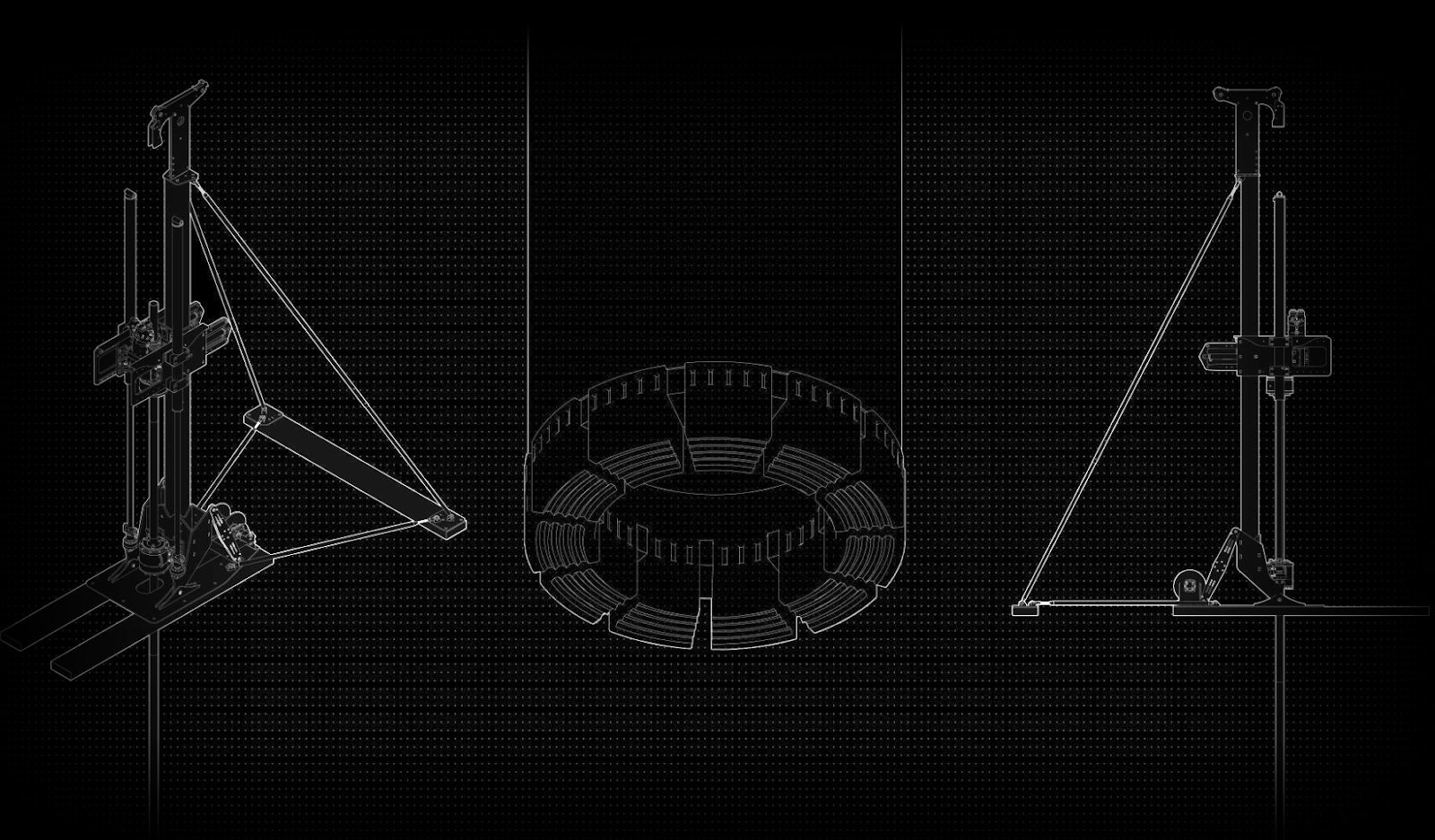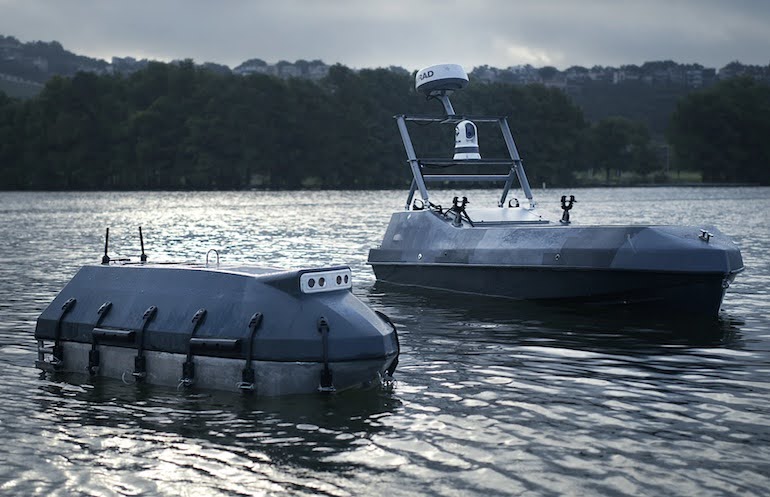TABLE OF CONTENTS
Labor shortages and rising operational costs are increasingly pushing manufacturers to automate faster than ever. As a result, the industrial automation market is projected to climb from $238.13 billion in 2025 to $449.77 billion by 2032.
Industrial automation redefines what’s possible on factory floors, warehouses, farms, and at sea. The companies leading the charge in industrial automation are building smarter systems that cut downtime, improve precision, and help workers focus on higher-value tasks.
Keep reading to learn about the innovators shaping the future of how things get made, moved, and maintained.
Mirka
Mirka is best known for sanding and surface finishing tools, but they’ve now taken that expertise into automation. Through the acquisition of Flexmill, they’re building robotic polishing systems that improve consistency and reduce manual labor in manufacturing and aerospace settings. Mirka recently announced its first production site outside of Europe, in Indianapolis, to strengthen its presence in the U.S. market and better support its growing customer base.
Dodge Industrial
Dodge Industrial makes the hardware that keeps production lines moving, such as bearings, gearboxes, motors, and mechanical drives. Their products are everywhere behind the scenes, helping factories and facilities run smoothly and safely. Dodge Industrial also offers an intelligent condition monitoring platform called OPTIFY that combines its Industrial Internet of Things (IIoT) and data analytics to reduce machine downtime.
Augury
Augury combines sensors and machine learning to help companies predict when machines are about to fail before they do. The Augury platform listens to equipment, spots issues early, and cuts down on surprise downtime, helping manufacturers avoid costly delays. Augury has seen its revenue increase fivefold in the past three years, and recently raised $75 million in a Series F round.
Blue River Technology
Blue River Technology, by John Deere, builds smart agricultural equipment that uses cameras and machine-learning systems to spot and target only the weeds. This saves chemicals, reduces waste, and gives farmers better control in the field. It’s automation with a real-world sustainability impact. Blue River Technology allows farmers to reduce the amount of herbicides sprayed by 90%.
inVia Robotics
inVia Robotics builds autonomous robots that help warehouses pick and move products. The inVia robots pair with AI-powered software to optimize inventory flow and boost efficiency in e-commerce and logistics—no infrastructure overhaul needed. In 2024, inVia Robotics was named the “Top Supply Chain Project” for its role in transforming Scholastic Canada’s fulfillment operations through intelligent automation.
Rugged Robotics
Rugged Robotics is automating one of construction’s most repetitive tasks: layout marking. Rugged Robotics makes robots that draw precise layout lines directly onto job site floors, so what used to take a team hours with tape measures and chalk now takes minutes, with pinpoint accuracy. This saves time, reduces human error, and addresses a growing workforce shortage in construction.
Durin
Durin, a startup based in El Segundo, is developing autonomous drill rigs for mineral exploration. In early 2025, Durin raised $3.4 million in pre-seed funding, led by 8090 Industries, and they are now planning field testing in Nevada. Mining may be ancient, but Durin’s approach is anything but.
Saronic Technologies
Saronic Technologies is reimagining maritime operations with autonomous surface vessels. Saronic Technologies has two flagship vehicles—Mirage and Cipher—which are built for long-range missions, carrying significant payloads and operating with minimal human oversight. The goal: safer, smarter ocean operations. Last year, Saronic raised $175 million in Series B funding, which placed its valuation at $1 billion.
What’s Next for Industrial Automation Companies?
Automation isn’t just about replacing tasks; it’s about building systems that can adapt, improve, and unlock new possibilities. Innovative industrial automation companies are tackling everything from agriculture to aerospace, construction to biotech, with a mix of robotics, AI, and good engineering.
To keep up with this pace of change, many of these teams are investing in tools like AI-and cloud native PLM software. PLM plays a quiet but critical role behind the scenes, helping companies organize data, reduce errors, and accelerate product development. In an industry where timing and precision matter, the right systems make all the difference.
